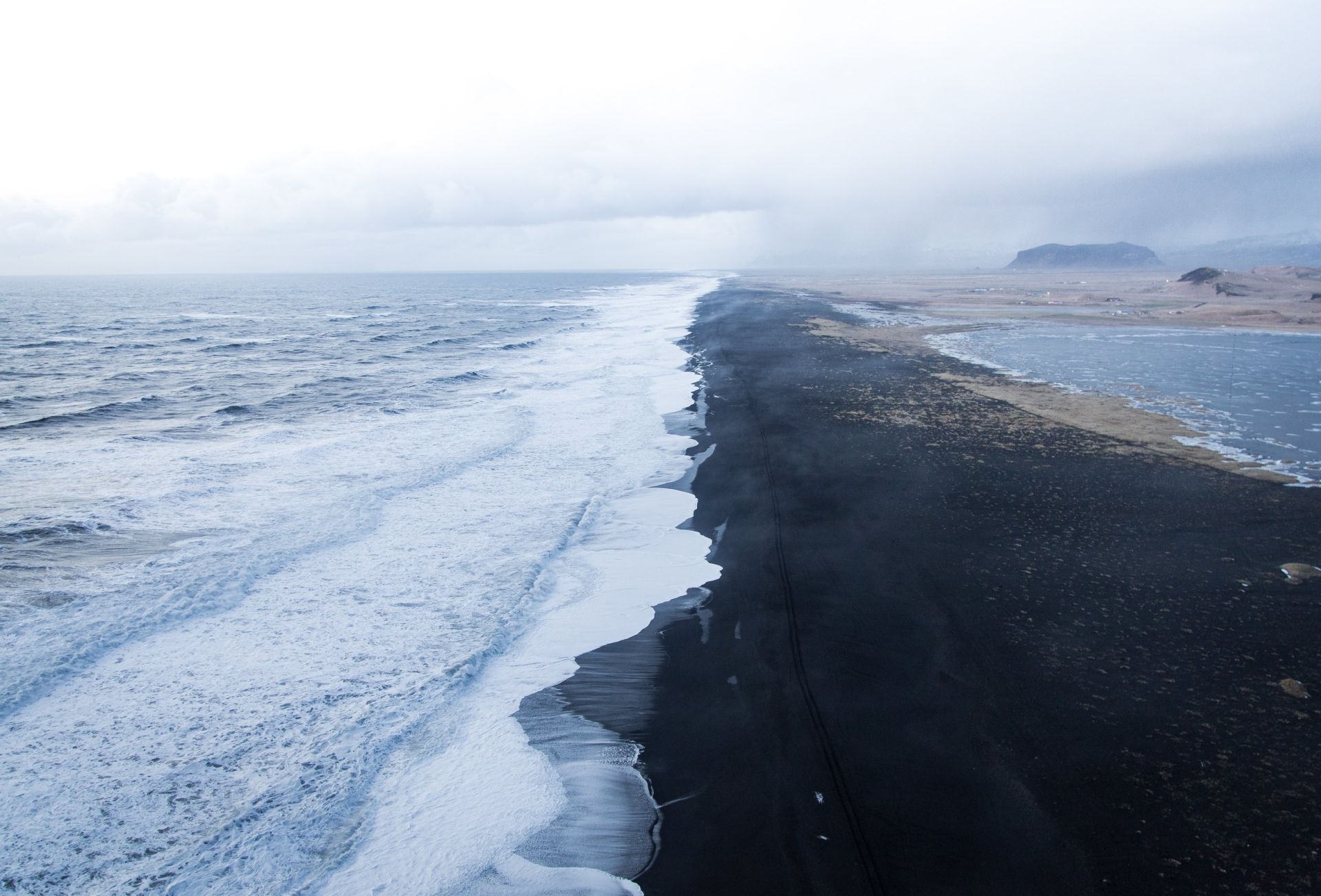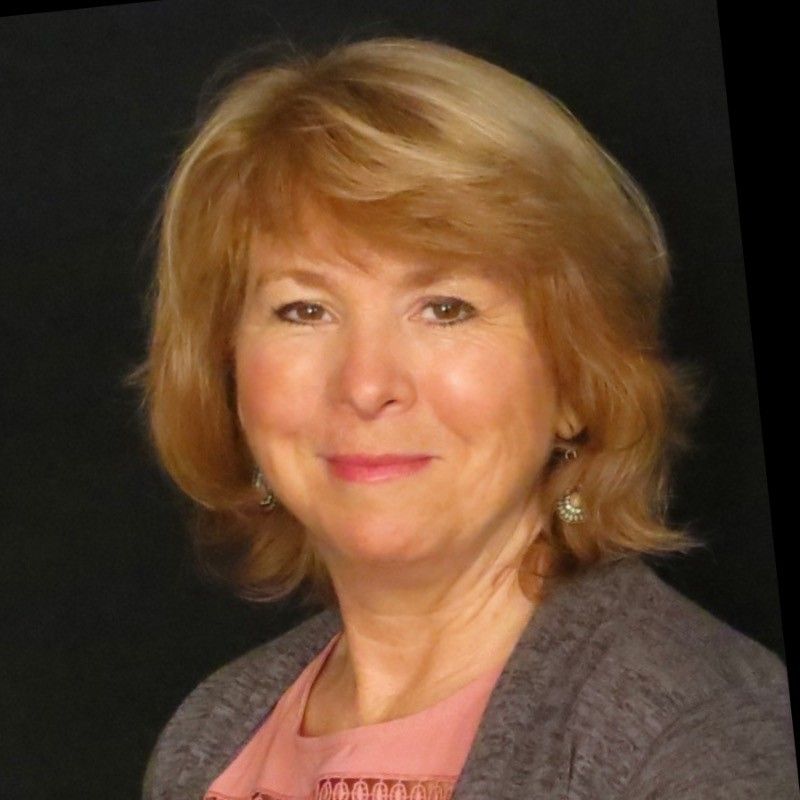Your Own Personal Hell
Jan 30
/
Katie Skurja

Is there a literal hell where the depraved are punished after they die? Is there a literal heaven where the righteous go after death? If so, what are they like?
These rhetorical questions have been debated for centuries by sincere people who desire to be faithful to God. Though interesting to explore various interpretations, no one knows for sure because it is all speculation, whether we want to admit it or not. But whatever it may be in the afterlife, we can see the existence of heaven and hell here on earth with our own eyes.
What if heaven and hell exist, at least in part, here on earth? What if focusing on heaven and hell out there keeps us from attending to the heaven and hell in our hearts?
We don't have to look very hard to see hell on earth. Since the beginning of recorded history, there has been weeping and gnashing of teeth among humans; humans have perpetrated every manner of evil upon other humans. The machinations of hell are not limited to any person or people group; evil can and does find its way through all of our hearts. It is no respecter of persons.
It can be harder to spot heaven on earth, especially in the internet age of instant access to worldwide news. Major news outlets fan the flames of hell daily by profiting from juicy tidbits of divisive news. Unfortunately, uplifting stories do not make great clickbait.
Yet… Jesus prayed, "Thy kingdom come, on earth as it is in heaven." ¹
Jesus is calling us to bring about heaven here on earth. But what if we are also responsible for bringing about hell on earth? What if when we are busy participating in the ways of hell, we cannot see heaven among us, much less bring it about?
Before we look at the ways of hell, let's consider what it might look like to bring about the kingdom on earth as it is in heaven. In summing up all the law and prophets into two simple commands, Jesus gave us some guardrails for bringing about the kingdom on earth: Love God and love your neighbor as yourself.²
Where did hell on earth begin?
As prototypes of all humanity, Adam and Eve are tempted to believe they are victims of a mean God who is holding out on them by not letting them be like him. They fall into self-judgment when wanting to be something other than what they are created to be. What God judged to be very good is now not good enough. This "first gavel" moment set the stage for generations to come; we realized how easily a gavel fits in the human hand. We have pounded away at each other ever since.
While the kingdom of God operates by the two simple rules of Love God and love your neighbor as yourself, the inverse kingdom of hell on earth plays by a different set of rules: fear, blame, control, and manipulation. While the kingdom of God levels the playing field of humanity in terms of worth, value, and dignity, the inverse kingdom creates dominant hierarchies based on judgments of good/bad, in/out, and us/them. The triune union of God, self, and others is unraveled into a dog-eat-dog world of striving, shame, and deep separation.
In the Christian confession of faith, Jesus descended into hell and set the captives free.
He emptied hell.
And yet...
We continually repopulate our personal hell with those we have judged as weak, bad, or unworthy of being forgiven; it is filled with those for whom we cannot or will not declare, "Father, forgive them for they know not what they have done."
Locked up inside us are the unforgiven: those who have hurt us, abandoned us, betrayed us, and failed to love us in various ways. Chained up along the dungeon walls are those who have committed unspeakable crimes.
Our personal hell not only contains those we have deemed unworthy but anyone we still see from a one-dimensional point of view – those we pity, obsessively worry about, and those we feel are our job to rescue.
During a deep time of prayer, after the revelation of this inner hell, I went on a search and rescue mission for those I was holding in the dungeon of my soul. There were the usual suspects of those who had hurt me, betrayed me, and abused me. As I encountered each one, I was overcome with compassion as I brought them to God. I did not want them in my hell. I was shocked, however, to find my younger son crouched in the darkness. Aghast to see him there, I asked God, "Why? Why is my Spencer here?" I sensed God saying, "Because you are worrying about him in a way that I am not. You are not seeing him through my Light." The truth of that statement pierced my heart.
For many years, my beautiful son has been on a prodigal journey. Countless times, I have fretted for his safety, prayed for him, and released him back to God. Little did I know that when I saw him as a victim, I was relating to him through hell. The revelation of this brought me to tears. Hastily, I brought him out of my hell and into the Circle of Light, Love, and Truth of the Father, Son, and Spirit. There I asked God how to pray for my son. I saw myself putting warming blankets around him, praying for the Light to penetrate his darkness.
In the following days, my soul was expansive and filled with hope. I found myself relating to Spencer with a newfound freedom, both in person and in my times of prayer.
Our personal hell requires us to wield the gavel of judgment against ourselves and others. But as it turns out, we make horrible gods. When we judge, we are tied to that person or part of ourselves through judgment and darkness.³ We cooperate with darkness instead of living in and through the Light of Christ.
Because we are all connected as image bearers and by the Light that is in all,⁴ what we do to one, we do to all, including ourselves.
Take a moment to drop down into the dungeon of your soul to see who is hiding in your personal hell. Who are you holding in there? What are the charges?
Bring them before Christ on the cross, standing in front of him. How does Christ look upon them? Which ones are excluded from the statement, "Father, forgive them for they know not what they have done?"
Are you willing to lay down your gavel? Can you let Christ be the judge?
Take the next step… Bring the residents of your hell into the Light, the Circle of Trinity. See yourself and the others standing before Jesus. What do you notice? What does he want to say or do?
Let's make it our business to bring about heaven on earth, refusing to participate in the divisive ways of hell on earth. By standing side-by-side before God, we will trust that the Light really is more powerful than darkness.
Thy kingdom come, thy will be done, on earth as it is in heaven.
If you’re interested in hearing more from me, I’d love to invite you to my upcoming course: Shame, Integration, and the Enneagram. Have you ever wondered how the Enneagram can be an invitation to integration and living a life more fully as we were created to live? This 8-week online, interactive course is geared towards those who desire to dive deep into the process of integration, healing the shame that blocks us from the Imago Dei, the image of God within. We will be meeting virtually on Tuesdays from February 28th-April 18th from 5-6:30pm PT.
¹ Matt. 6:10
² Mark 12:30-31
³ Matt. 7:1-3; Luke 6:37-42; Romans 14:1-12; Romans 2:1; John 8:7; 1 Corinthians 4:5
⁴ John 1:9

Katie Skurja
Catherine “Katie” Skurja is the founder and director of Imago Dei Ministries. Deeply rooted in and dedicated to Trinitarian principles, the ministry’s purpose is to help people everywhere engage in a Christ-centered healing process that transforms relationships with God, self, and others. Her greatest passion is to accompany people in the journey of discovering who they are in their Imago Dei (image of God). With training as a counselor, spiritual director, and in the work of inner healing prayer, Katie combines the three disciplines to help guide people through the layers of false self and shame in order to bring about the integration of the whole person. Katie and Jim have been married for 33 years and have two grown sons as well as a few “adopted” daughters with whom they share life. She loves to garden, hike, walk on the beach, cook, and read.
Catherine “Katie” Skurja is the founder and director of Imago Dei Ministries. Deeply rooted in and dedicated to Trinitarian principles, the ministry’s purpose is to help people everywhere engage in a Christ-centered healing process that transforms relationships with God, self, and others. Her greatest passion is to accompany people in the journey of discovering who they are in their Imago Dei (image of God). With training as a counselor, spiritual director, and in the work of inner healing prayer, Katie combines the three disciplines to help guide people through the layers of false self and shame in order to bring about the integration of the whole person. Katie and Jim have been married for 33 years and have two grown sons as well as a few “adopted” daughters with whom they share life. She loves to garden, hike, walk on the beach, cook, and read.
https://www.idmin.org/

